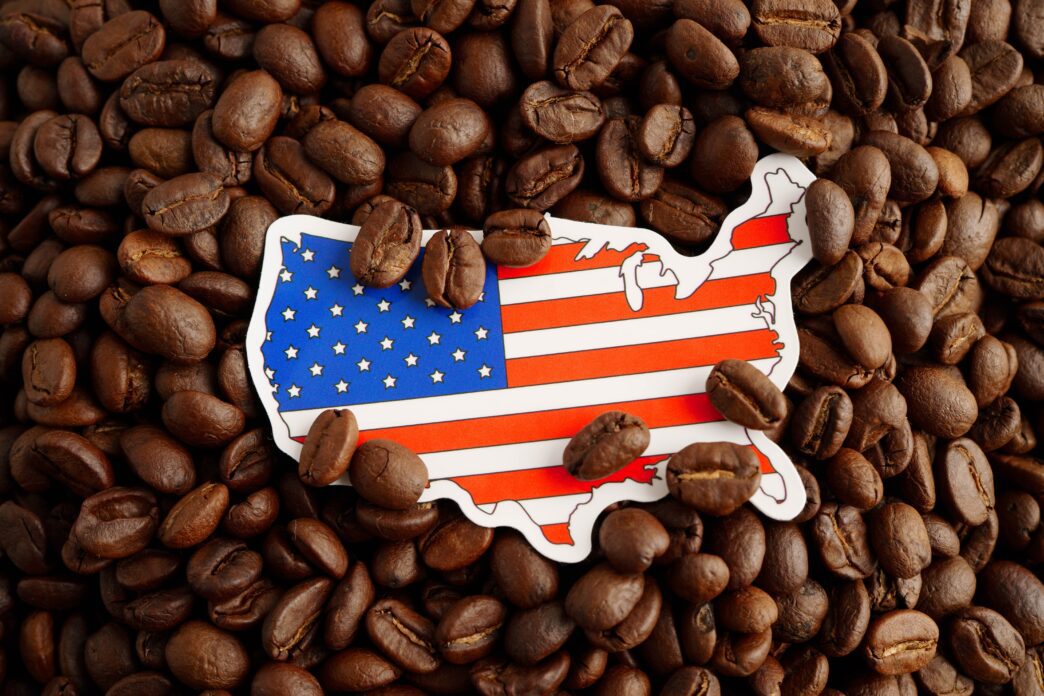Executive Summary
The Story So Far
Why This Matters
Who Thinks What?
President Donald Trump recently indicated a potential shift in his long-held stance on who bears the cost of tariffs, suggesting that cutting duties on imported goods like coffee could lead to lower prices for American consumers. This remark was made during an interview with Fox News host Laura Ingraham, where Trump addressed rising coffee costs, a statement that appears to contradict his previous assertions that foreign countries or corporations absorb tariff expenses.
During the interview, Ingraham highlighted high coffee prices, to which Trump responded, “Coffee: We’re going to lower some tariffs, we’re going to have some coffee come in. We’re gonna take care of all this stuff very quickly, very easily.” This comment came as Consumer Price Index figures for September showed coffee prices were approximately 15% higher than in January, the month Trump returned to office.
For years, Trump has consistently maintained that tariffs are paid entirely by foreign nations or are split between foreign countries and U.S. corporations, rather than impacting American consumers. He has often dismissed concerns that tariffs negatively affect prices paid by the public, a position that has been repeatedly challenged by economists and studies.
Erica York, vice president of federal tax policy at the Tax Foundation, noted that Trump’s recent comment essentially served as a self-fact-check. York posted on X, “Evidence that Trump et al. understand tariffs are taxes that increase prices for consumers, they just usually lie about it,” further adding that by suggesting tariff cuts would provide relief, Trump is acknowledging the burden tariffs place on American consumers.
The U.S. government collects tariffs from importers, who frequently pass these increased costs onto consumers. This reality has been confirmed by numerous studies and statements from various U.S. businesses. For example, bananas, another largely imported product, saw an average price increase of about 8% between January and September.
Treasury Secretary Scott Bessent also confirmed the administration’s belief that prices would fall following upcoming “substantial announcements” regarding tariffs on coffee, bananas, and other produce not grown domestically. Bessent stated that these measures “will bring the prices down very quickly.” However, the speed of price reduction remains to be seen, as companies may be reluctant to lower prices quickly, and global factors, alongside overall U.S. inflation, continue to influence commodity costs.
Trump’s Evolving Stance on Tariffs
President Trump’s recent comments signal a potential shift in his public rhetoric regarding the economic impact of tariffs. While his administration has indicated forthcoming actions to reduce tariffs on certain imported goods to ease consumer prices, the long-term effects on inflation and consumer spending remain subject to broader economic factors.








